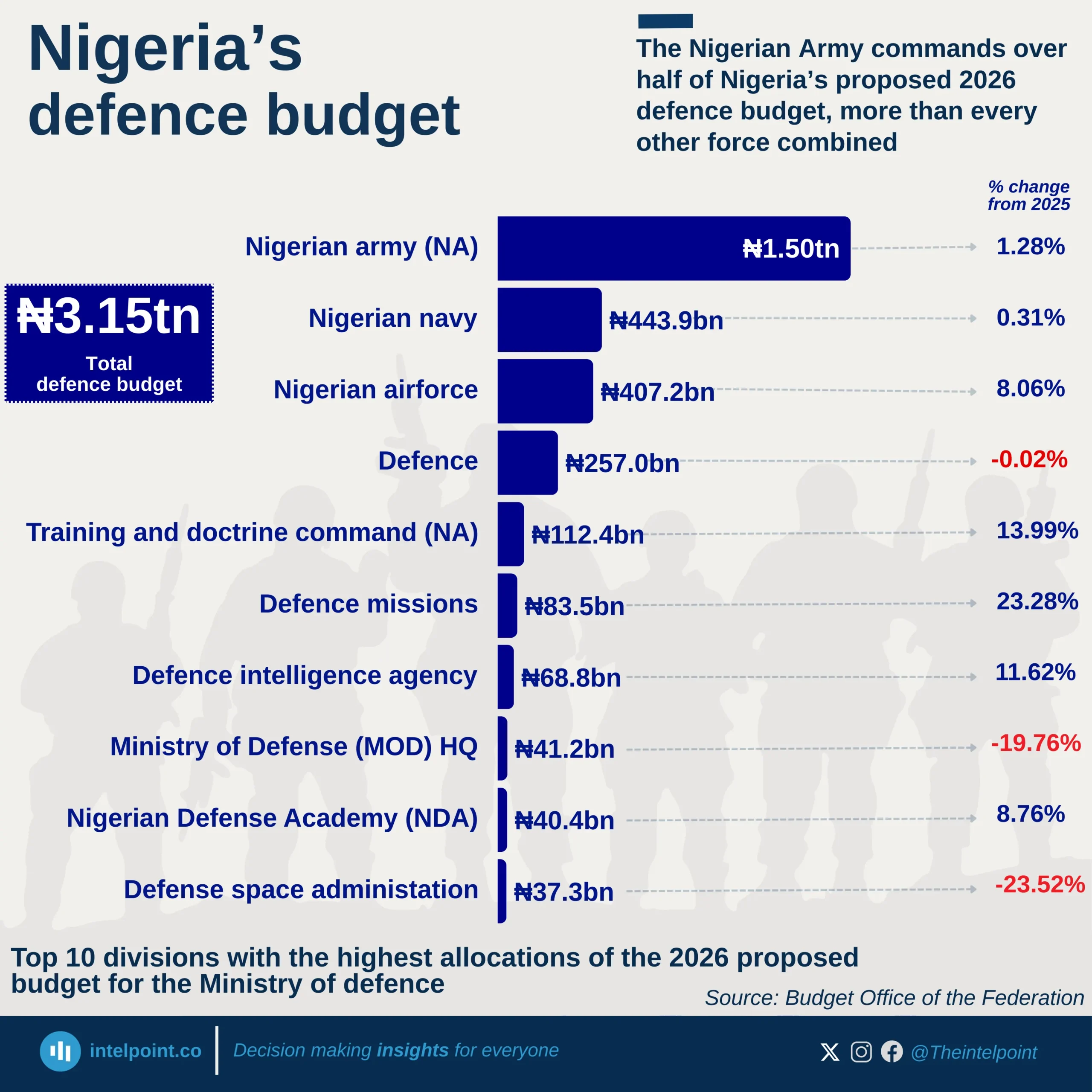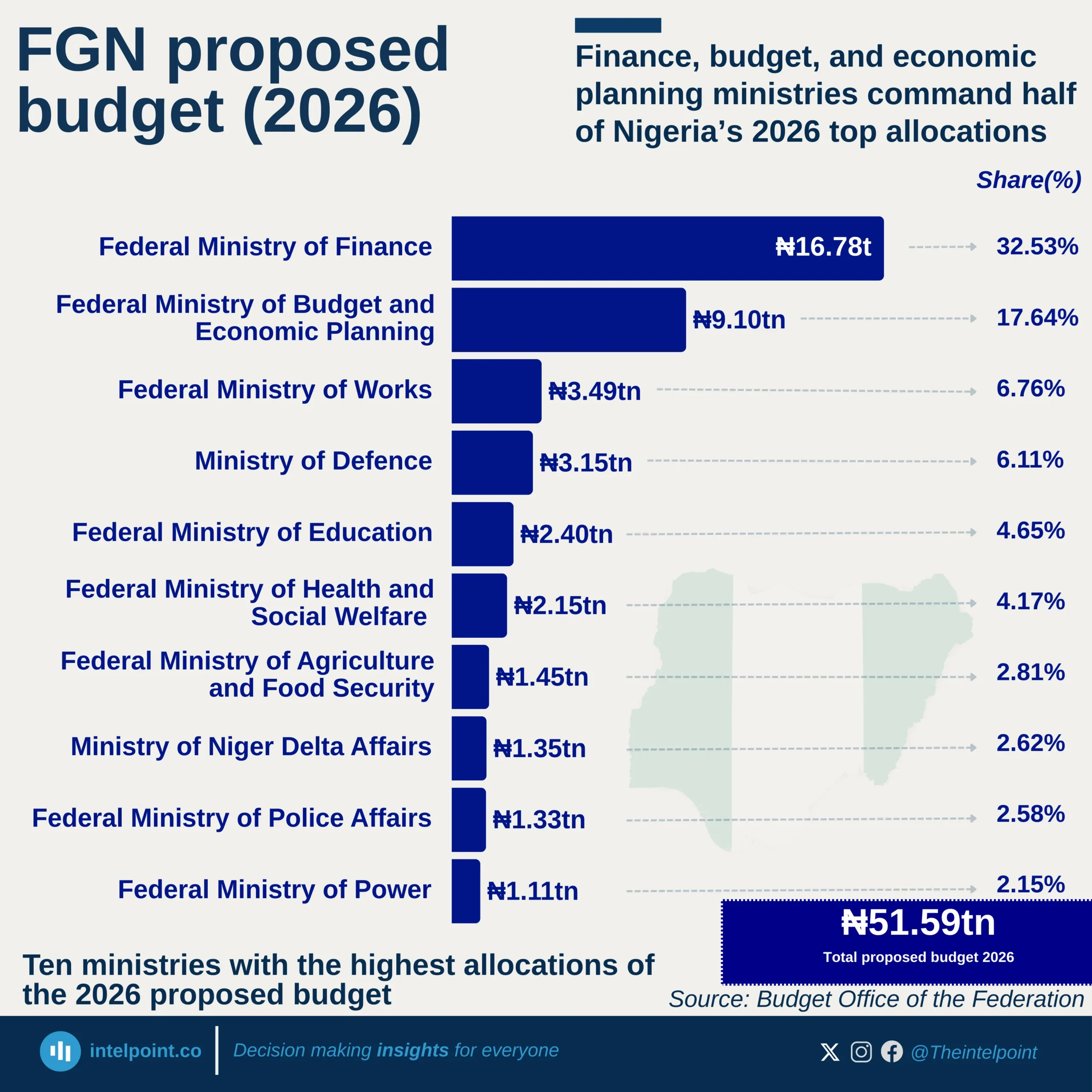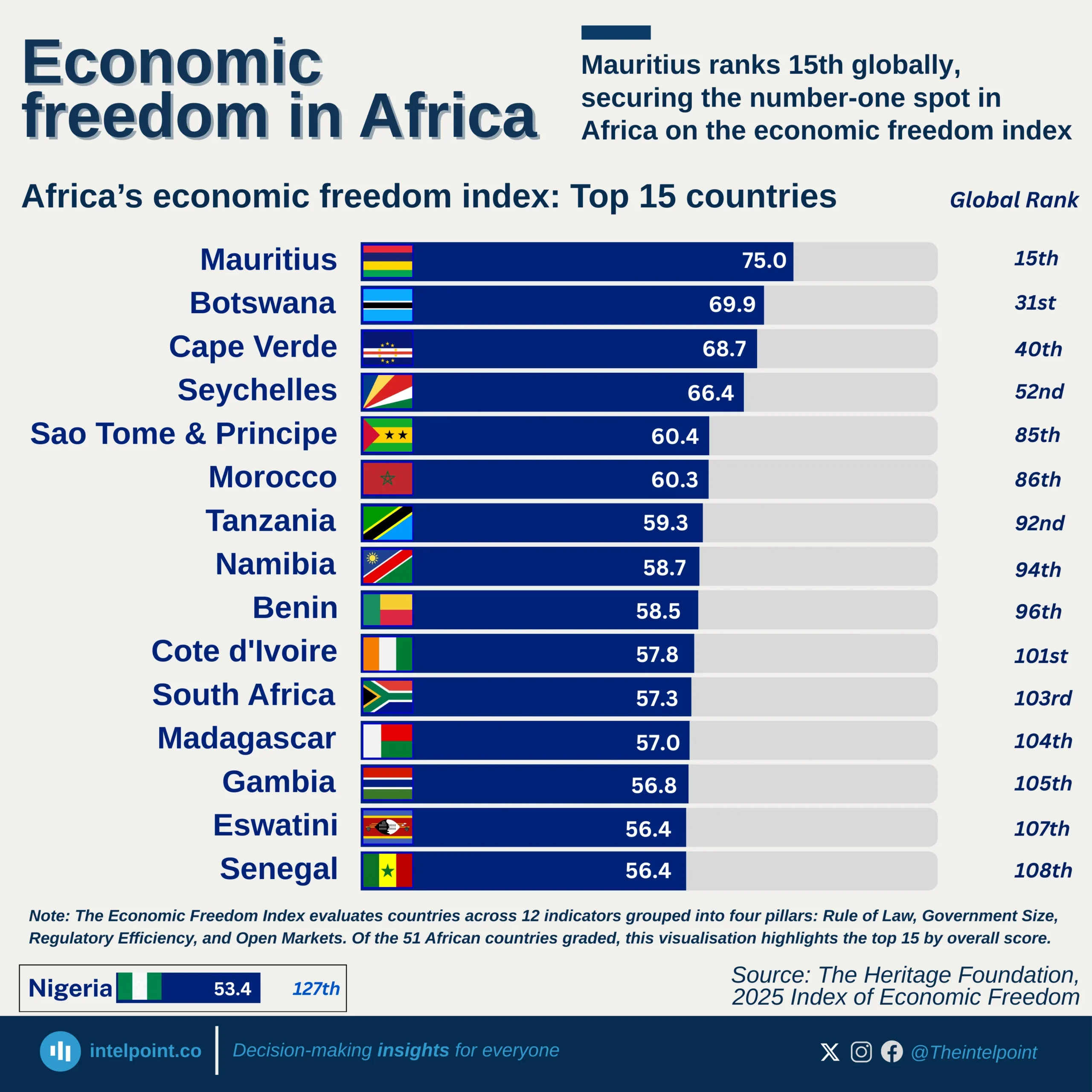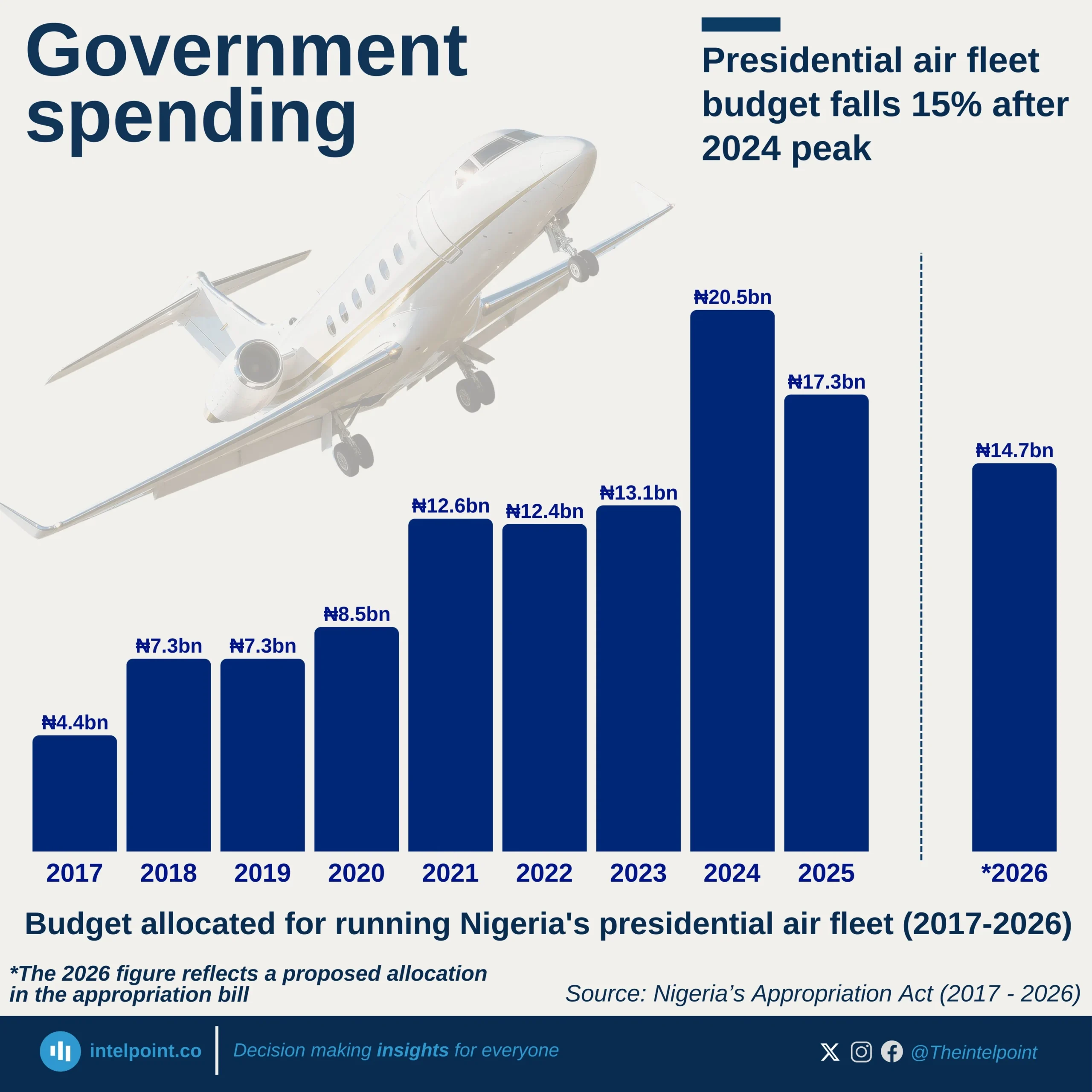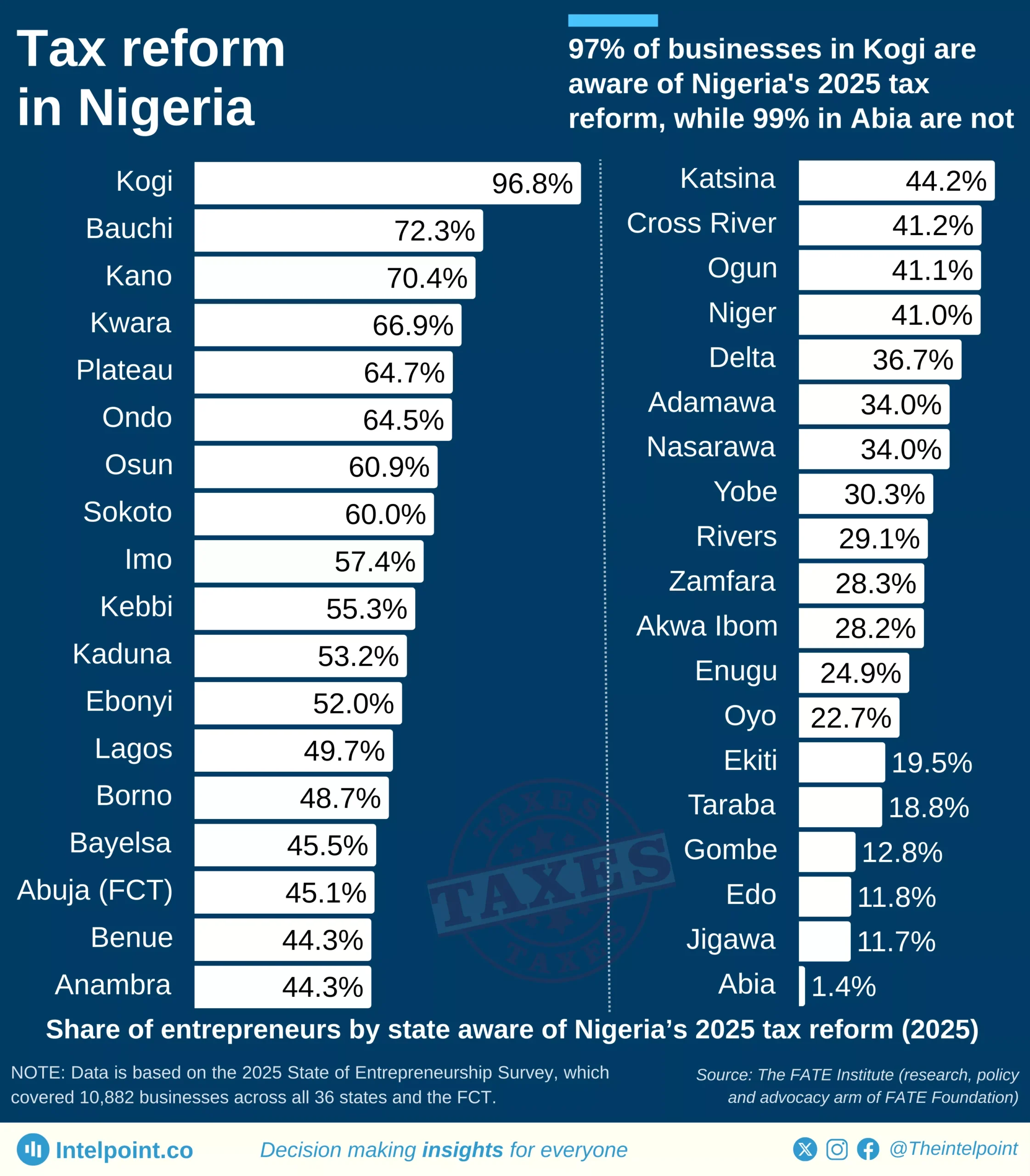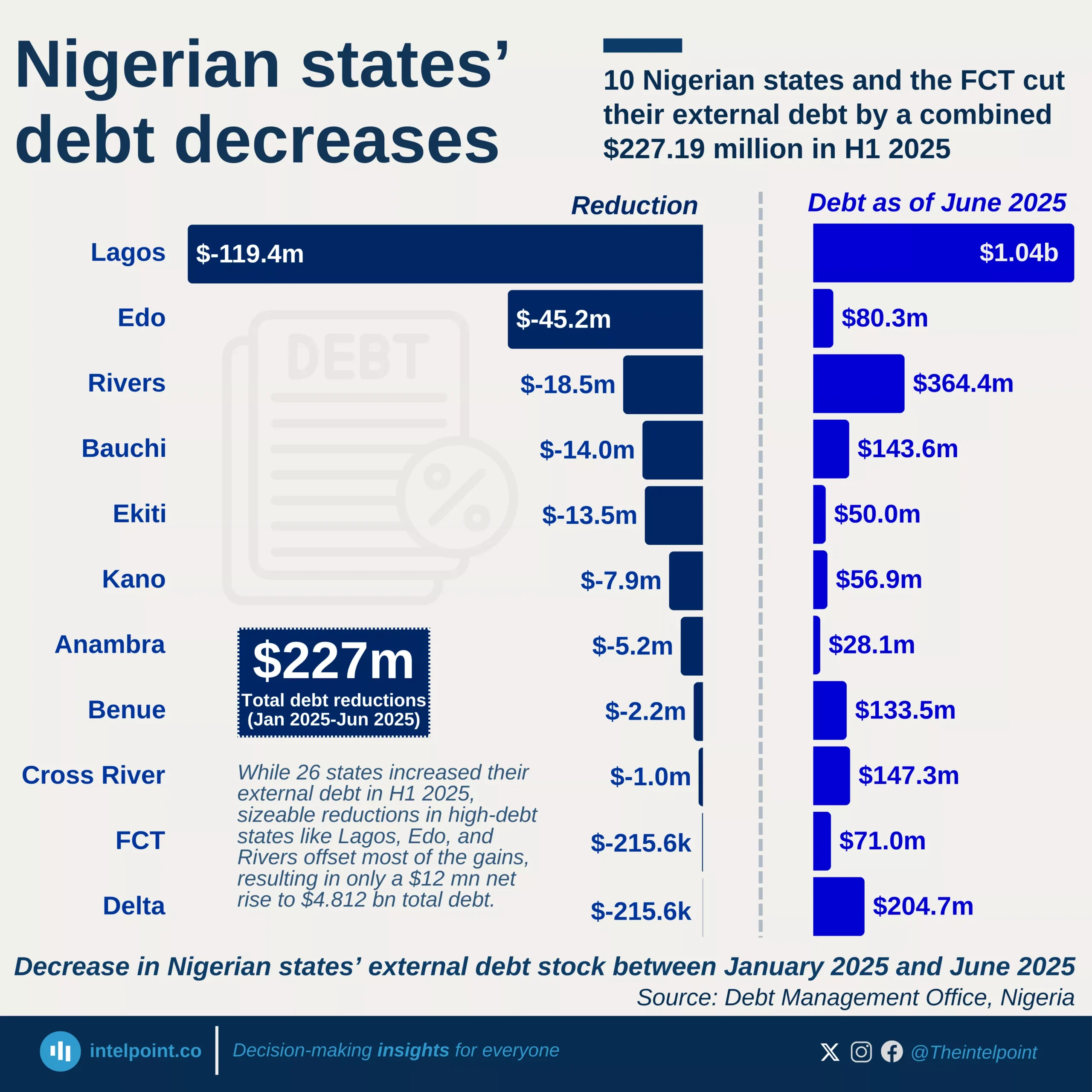As of March 2021, the Federal Government of Nigeria’s External Debt Stock stood at $32.9 billion. Following President Muhammadu Buhari’s request to the Senate to approve $6.183 billion in May 2021, we give you the breakdown of the nation’s External Debt Stock by category.
